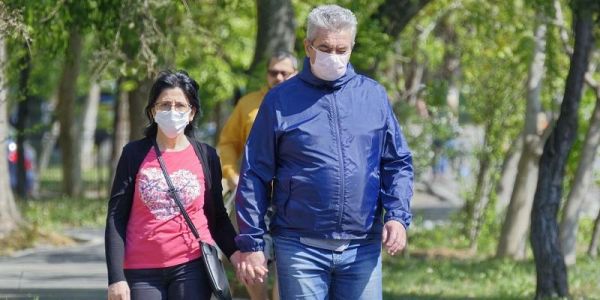
Formation of quadruple helix DNA tracked in live human cells for first time
The formation of four-stranded DNA has been tracked in living human cells, allowing scientists to see how it works and its possible role in cancer.

The formation of four-stranded DNA has been tracked in living human cells, allowing scientists to see how it works and its possible role in cancer.

Police may be able to predict changes in crime patterns as coronavirus lockdown rules get relaxed.

A nationwide scheme has been launched to help tackle climate change by encouraging residents to invest in their local councils.

National Student Survey results reveal that Leeds has retained its position in the top five for teaching among the Russell Group.

A third of people with heart attacks may not have gone to hospital at the start of the COVID-19 pandemic.

UK researchers explore hydrothermal vents for potential clues about the evolution of animal life in extreme environments.

The University is to be part of a new Africa-UK research collaboration, to identify ways the continent can produce enough food to feed its growing population.

The World Health Organisation needs to recognise that coronavirus might be spread by tiny respiratory droplets that remain in the air for prolonged periods, say leading academics.

A major new study shows adding rock dust to farmland could remove the carbon dioxide equivalent of more than the current total emissions from global aviation and shipping combined.

A major study has conducted the first global assessment of palm tree numbers to better understand tropical forest diversity and reduce uncertainty about carbon balance in these ecosystems.